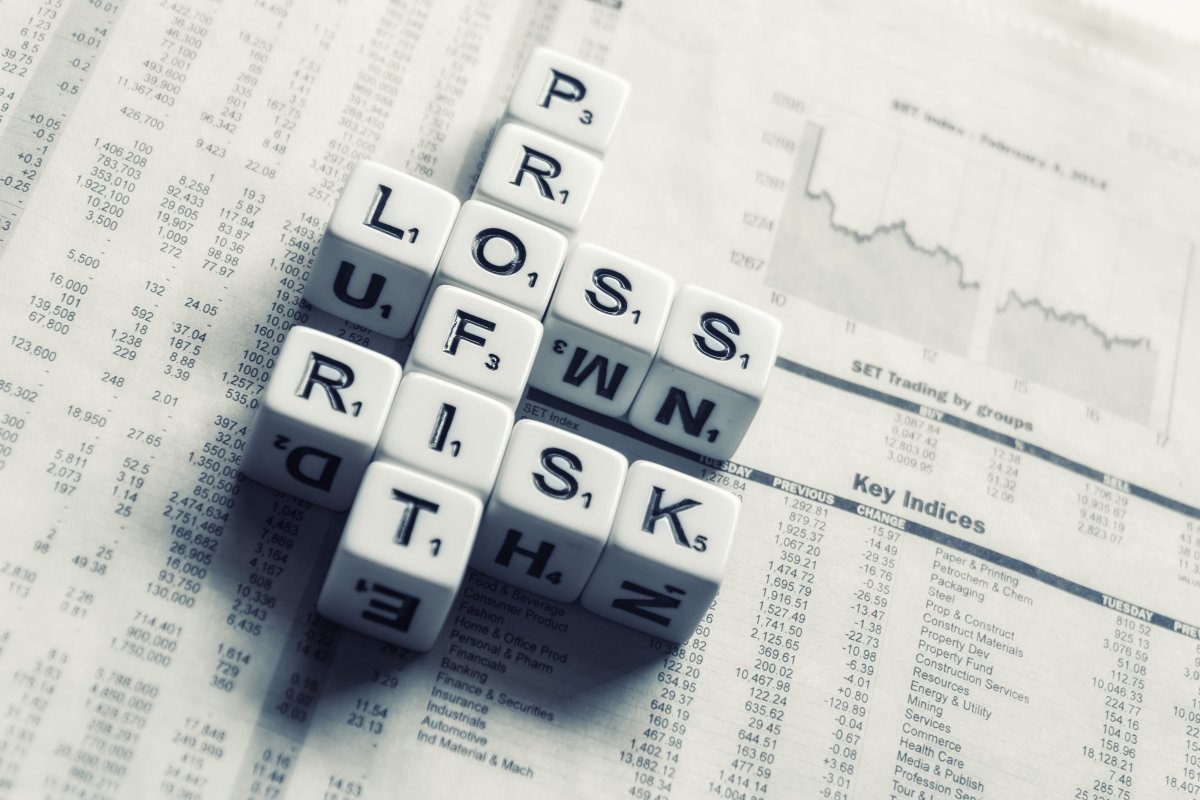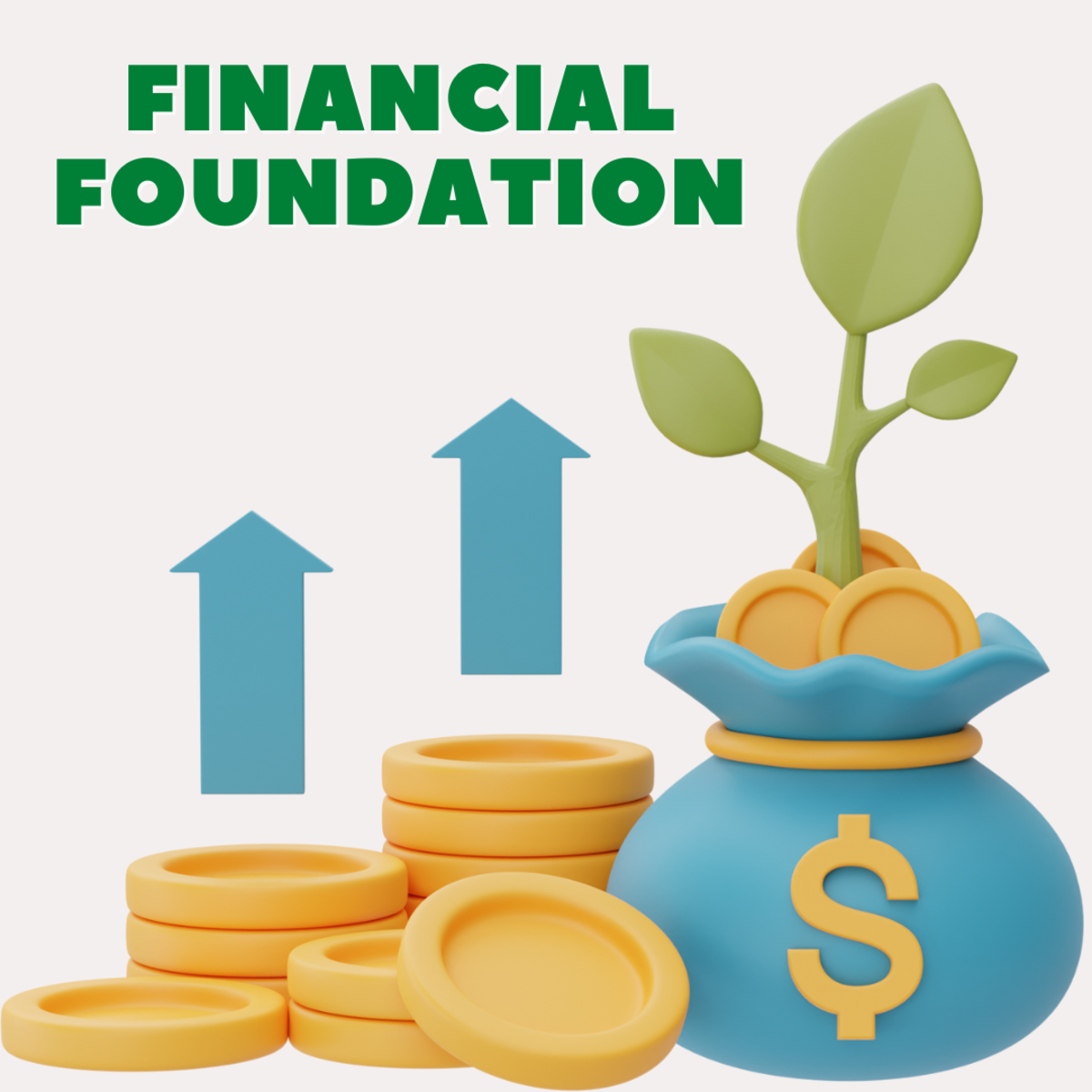Compound Interest Has The Power to Make You Rich, or to Make You Poor
How Compound Interest Works
Compound interest can build up a fortune over time. Let's say you have a loan at 10% interest. Evey so often, the interest you owe is added to the money you borrowed. If you never made a payment on this loan, you would find that you owe about twice what you borrowed in about 7 years.
On the other hand, if you'd made this loan to someone else, with the same terms, then they would owe you twice as much in the same amount of time.
What you need to know about compound interest is that it can make you rich, or make you poor.
- Compound Interest Calculator
Use this compound interest calculator to see how much your interest rate can impact your bottom line.
In order to calculate compound interest, you need to know how often the interest is compounded. On some accounts, it happens daily, on others monthly. "Compounded" means that the lender has calculated the interest for that time frame and added it into the principle of the account. The more often the interest is compounded, the faster the amount of the loan goes up. The more money you make... or the harder it will be to pay off your debt.
If you understand how compound interest works then you can get better terms on your credit accounts: credit cards, mortgage, car loans, and even student loans. Compound interest is why the rate on your loan (say 12%) is not always the same as the APR (say 18%). The difference is not just the interest rate, but also in how often the interest is added back into your loan.
But before you start thinking compound interest is evil, consider this. You can also make more from your investments when you understand how your interest is being compounded. The key is to make it work for you rather than against you.

“The most powerful force in the universe is compound interest” ~ Albert Einstein
Why Can't I Get Out of Debt?
One of the reasons it's so hard for people to get out of debt is that they often overlook the interest on the money they borrow. Monthly payments on many credit accounts are set very close to the amount of interest that is being added onto the loan. That's why if you make the minimum payment every month, your balance takes forever to go down.
You can counter this effect by making larger payments every month. An extra $5 may not seem like a lot, but since you've already paid the interest portion with your minimum payment, that extra $5 will apply to the balance of what you owe.
Also, try to keep your payments steady. On many credit cards, as your balance goes down, so does your minimum payment. By paying the same amount every month you can increase how fast your debt is reduced and reduce the total amount of interest you pay.


Using Compound Interest to Make Yourself Rich
While compound interest can be a trap that will keep you in debt, it can also be your ticket to a healthy retirement.
When you are looking for a good investment, keep in mind the magic of compounding interest. If you can, start young. It takes time for investments to grow and mature.
Let's say you invest $1000 this year. (Perhaps you are getting an income tax return?) Your investment is not a big one, it's only 9% interest, and compounded annually. It will take 8 years to double your money. And another 8 years to double again. After 40 years your money will have doubled 5 times.
That is not $5000... that's $32,000.
And you didn't ever add anymore of your hard earned money to this investment. You just put in a nice chunk of cash, and waited 40 years. If you use the compound interest calculator above, you can see what compounding your interest monthly, or getting a slightly better rate can do to the same investment.
Of course, if you really want to get rich, then you will want to contribute to your investments more than once. If you had put in $1000 every year for those 40 years, then you would have $32,000 to spend in each of the following 40 years. Possibly enough to keep investing another $1000 a year and never run out of money (as long as you live frugally.)
Maybe $32,000 a year for your old age doesn't sound like enough. You could invest $2000 a year with the same kind of terms and have $64,000 a year instead.
Or you could invest at a higher rate. 12% compounded annually will double in 6 years, giving you giving you $128,000 after 42 years. 15% compounded annually will double every 5 years, giving you $256,000 in 40 years.
As you can see, small changes today can have a big impact on your financial well-being later in life. Play with the numbers and set some goals. Keep in mind that 9-15% can be achieved with relatively safe investments like money market funds.
If you wait until you are older to get started (like most people) then you will either have to work longer, save much more from your monthly income, or resort to riskier investments in order to get a higher return.








